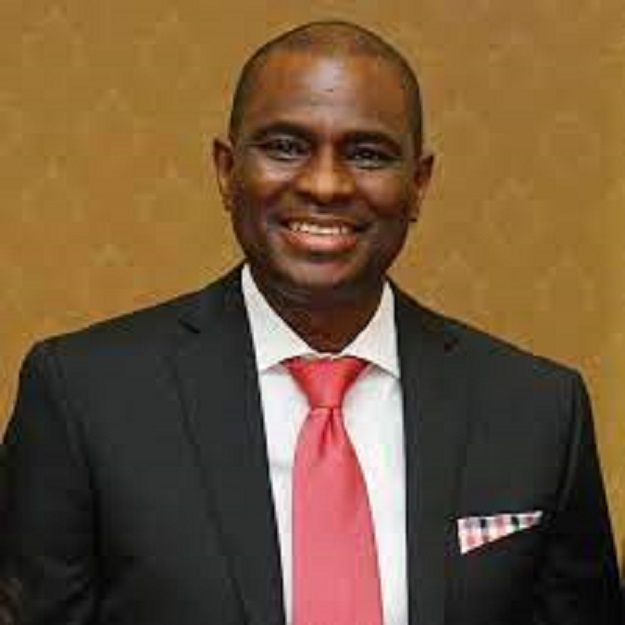National Communications Commission (NCC) has granted three licences to Airtel Nigeria Telesonic Limited, a subsidiary of Airtel Africa.
These new licences will enable the company to expand its fibre network and enhance infrastructure to meet the growing demand for data services in Nigeria.
As detailed on the NCC’s website, the approved licences include National Long Distance, Internet Service Provider, and Sales & Installation Major licences.
“The companies listed below are those that have fully paid their licence fees and have received their licence documents for their respective telecommunications operations prior to the reclassification of licences into class and individual categories,” the NCC stated.
The NCC also highlighted that the National Long Distance licence, which is valid for 20 years, will be in effect from July 1, 2024, to June 30, 2044.
This licence will allow the operator to establish and manage networks that facilitate long-distance communications within Nigeria, covering voice, data, and video services.
On the other hand, the Internet Service Provider and Sales and Installation Major licences will be valid for five years, starting on July 1, 2024, and ending on June 30, 2029, as noted on the website.
Airtel Africa launched Airtel Nigeria Telesonic Limited in February as a wholesale fibre division, aiming to transform the continent’s data market.
This move comes after the launch of Nxtra in December 2023, a new data centre business built upon the success of Airtel’s Tier 3 data centre in Lagos, which opened in 2022.
At the Telesonic launch, Airtel Africa’s Chief Executive Officer, Segun Ogunsanya, emphasised that Africa is experiencing a digital revolution, with a significant rise in demand for data centres across various sectors, especially among the continent’s expanding youth population.
He also noted that Airtel’s objective is to bridge the digital divide and foster opportunities for innovation and economic growth through reliable and scalable infrastructure.
Currently, Nigeria has approximately 35,000 kilometres of fibre optic cables, with plans to extend this by an additional 90,000 kilometres to improve connectivity and promote digital inclusion.
This initiative is part of a larger strategy to connect all 774 local government areas and significantly boost broadband penetration, with a target of reaching 70 per cent by 2025, according to the Ministry of Communications and Digital Economy.
![]()





























































